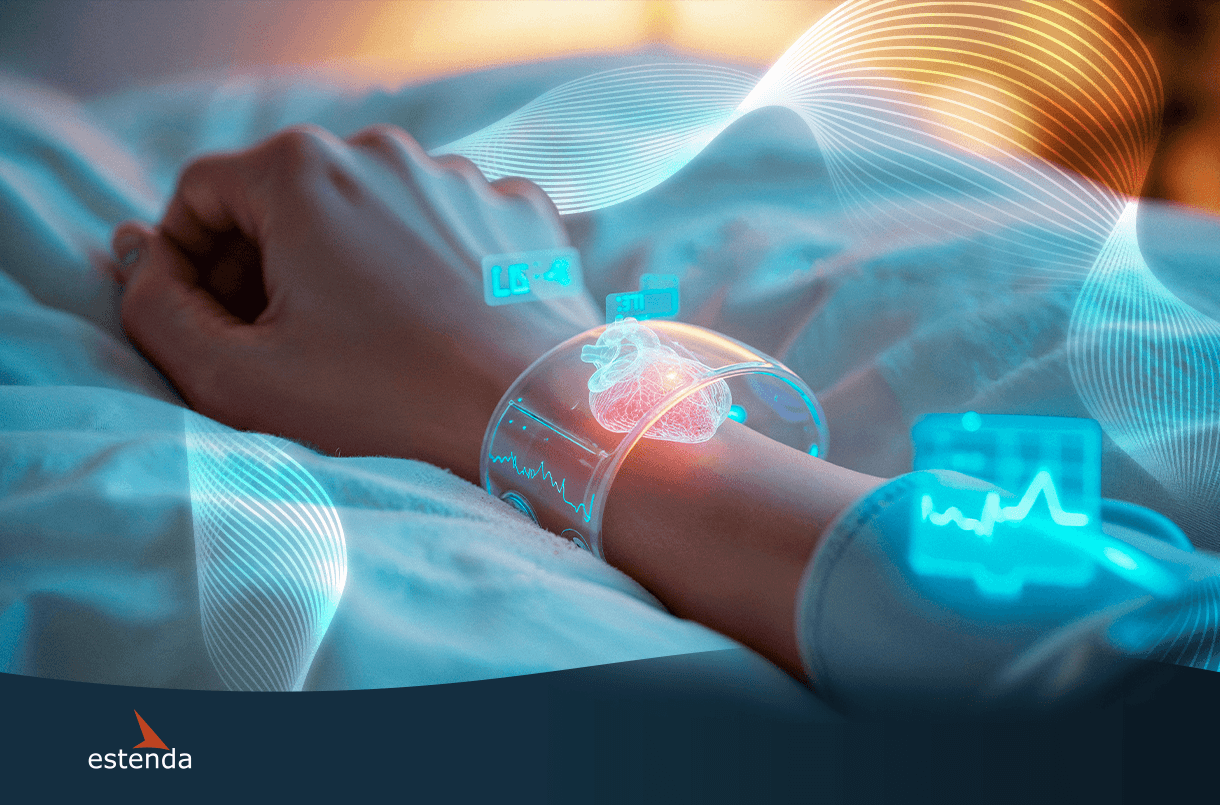What Is the DTS?
The aim of this summit is to bring together technology developers and users to create innovative, cost-effective tools that can help people with diabetes. During the event, FDA officials provided attendees with updates on US regulatory policies. Special emphasis was placed on original data, while affording clinicians and scientists plenty of opportunities to exchange ideas in formal and informal settings.
This year’s sessions at the Diabetes Technology Summit did not disappoint. Though entirely virtual – there were many excellent opportunities to hear from leading scientists in the field of diabetes research and learn about the latest technological advances for people with diabetes.
State-of-the-art lectures, oral presentations of abstracts, panel discussions with Q & A sessions, and virtual poster sessions were included in this year’s format. Some presentations described the most promising technologies, new metrics & accuracies, while addressing the necessary privacy & security features of CGM devices; while others touched on the latest algorithms to control automated insulin delivery systems & methods of using digital health to improve patient adherence; and still others discussed the new novel drugs being developed and how wearable devices measure analyses & physiological processes.
These three days were jam-packed with leading authorities presenting exciting and positive findings and discussions around the strides being made to develop better processes, more accurate data and developing new drugs & devices to manage diabetes care.
Estenda Takeaways:
Physiologic Devices, out of California has developed an amazing implantable pump that will soon be available with connection to a CGM and be completely operational without human interaction. The pump will be refilled with U400 insulin every 3-6 months. Medtronic had decided to re-introduced their same idea called the Medallion and try to bring that back into their lineup of developing products.
Medtronic has also developed a new infusion set that has a filter on it that will allow patients to use their infusion sets for more that 3 days.
Senseonics announced their 6-month implantable CGM that still required an attachment on the outside of the skin to provide power and need to use for transmission of data. Their CGM still required multiple calibrations. (They also announced a 365-day implantable CGM to be developed over the next 2 years.)
The biggest announcement of the summit was the Integration of Continuous Glucose Monitoring Data into the Electronic Health Record (iCoDE) Project!
"This is a consortium whose purpose is to facilitate efficient uploading and integration of continuous glucose monitor (CGM) data into the Electronic Health Record (EHR). The two goals of the iCoDE project are to 1) develop technical specifications to integrate CGM data into the EHR and 2) develop workflows and guidelines to facilitate data integration efforts.
Over 130 individuals from more than 60 organizations representing industry, academia, government agencies, clinicians, and patients participated in the year-long project. This report is intended to be a comprehensive yet practical guide for any organization who would like to implement a CGM-EHR integration. " ~ DTS
All-in-all, many exciting announcements and promising moves from some of the top industry players. Estenda is proud and honored to stand alongside these top thinkers and game changers in the efforts to make living with diabetes a more manageable and less consuming part of patients’ lives.
Tags
conference, diabetes, estenda, networking, software-development





